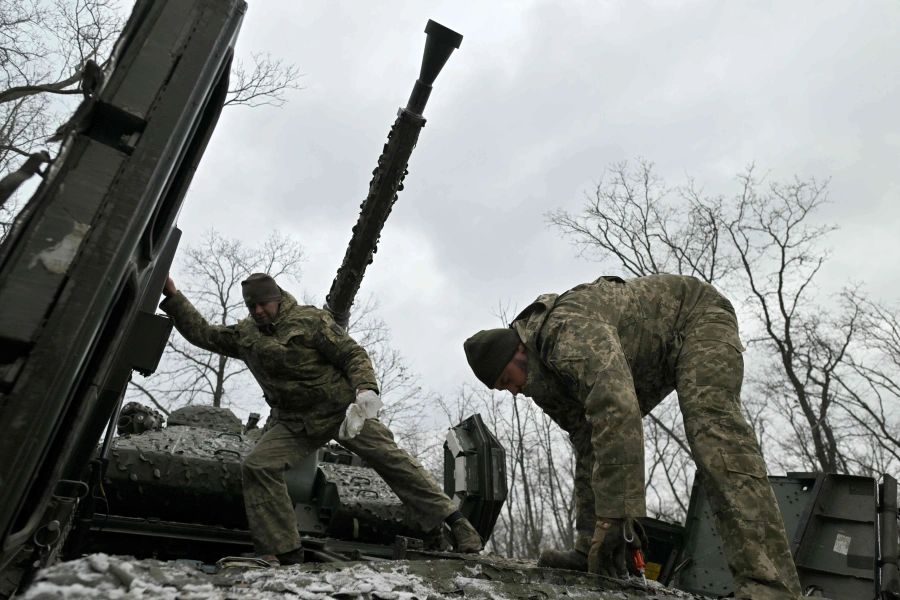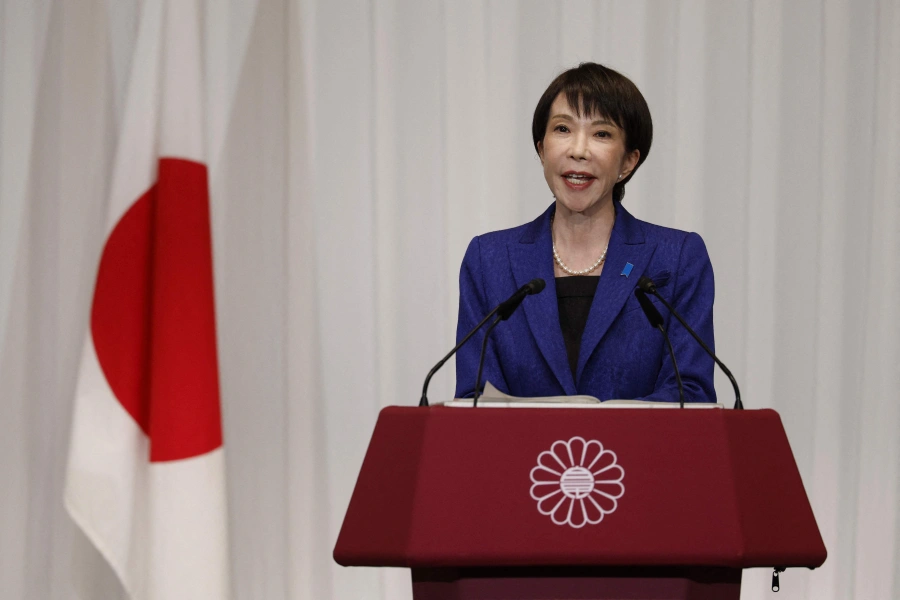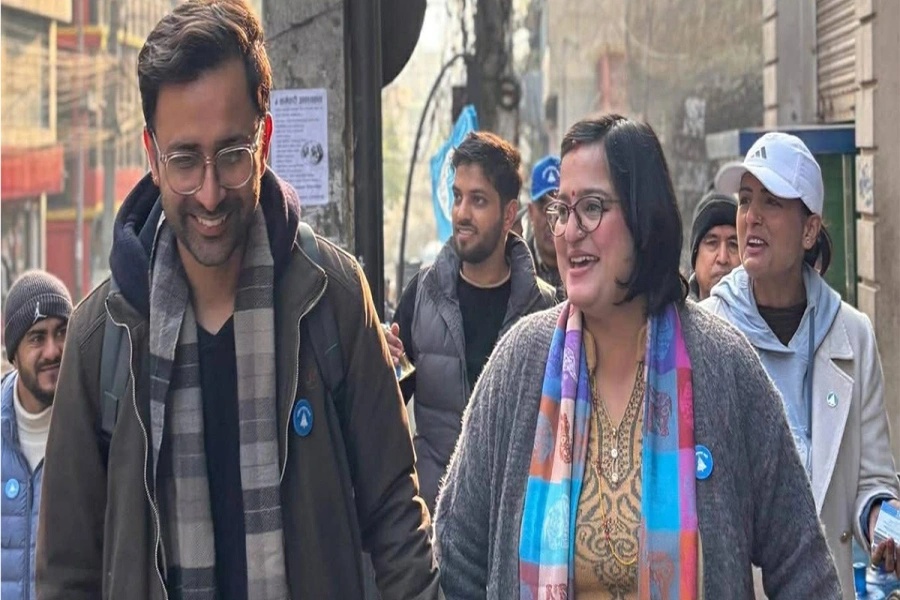But are these parties really committed to the principle of inclusion as they have been advocating? The answer is: No, not yet!
If we look at the composition of their Central Working Committee (CWC), only two of the four major Madhes-based parties appear to have ensured inclusion of all the communities living in the Terai region. [break]
Ironically, Upendra Yadav-led Madhesi People´s Rights Forum-Nepal (MPRF-N) and Mahantha Thakur led Tarai Madhes Democratic Party (TMDP) - the two pioneer parties in term of the issue of inclusion -- are found grossly non-inclusive of different groups of people living within the region.
The MPRF-N, Tarai Madhes Democratic Party (TMDP), MPRF-Democratic (MPRF-D) and Sadbhavana Party (SP) are four major Madhes-based parties now.
Upendra Yadav, who spearheaded the Madhes Movement for the inclusion of marginalized and backward communities in state structures and decision-making bodies, has a total 43 members in his party´s Central Committee. Interestingly, 22 of the total 43 central members belong to the Yadav community.
While number of women and Muslim in the party´s Central Committee stand at five and three, respectively, there are five Shahs, two hill-origin people and three Dalits in the party´s apex body.
While admitting that the CC was not fully inclusive, the MPRF-N Central member Ramswartha Rai said his party was dominated by certain caste group despite attempts to include other groups. "After our party split into many factions, we have not been able to ensure inclusiveness ," he said. "We were fully inclusive when the MPRF-N CC was first constituted."
Rai said that Madhes-based parties remain divided as caste dominates Madhesi politics. "Caste-based politics is the enemy of a democratic society. But this is what is happening in case of the Madhesi parties," he said. "Non-Madhesi parties are to be blamed for acting as catalyst to divide Madhesi parties."
The case of TMPD is equally bad. The top four positions of the 45-member CC of the TMDP are held by the people belonging to the so-called upper castes. While there are only six women and two Muslims in the CC, there is no representation of hill-origin people in the CC even as a significant number of hill-origin people are living in the region.
Senior central member of TMDP Ganesh Nepali said their party was viewed as caste-based party due to growing anomalies in the society. "Our Chairman Mahantha Thakur is not an all-accepted-leader of Madhesi politics on the basis of his Brahmin origin," said Nepali.
However, MPRF-D and Sadbhawana Party (SP) appear to be more inclusive if we look at their central committees.
The top seven office bearers of the 65-member CC of the MPRF-D include people from Tharu, Yadav, Muslim, Shah, Bhumihar Brahmin, Dalit, and women. While a dozen CC members belong to Tharu community, eight CC members are women and three are Brahmin. Likewise, the number of hill-origin, Muslim, Shah and Dalit stands four, five, six and four, respectively.
Of the total 74-member Central Committee, SP has seven leaders from Tharu community while eight are women. Likewise, there are seven Yadavs, 13 Shahs, eight Muslims, six people from the hill-origin, four Dalits and 13 others from various caste groups.
The General Secretary of SP, Manish Kumar Suman, claimed that his party was the most inclusive party of the Madhes. "The top 13 office bearers in the CC belong to different caste groups. We have tried our level best to incorporate leaders from all the communities of Madhes," he said.
Political Analyst Pashupati Nath Madhesi, who has done noteworthy study on the Madhesi politics, alleged that MPRF-N Chairman Yadav was lately involved in caste politics. "Due to the poor leadership of Upendra Yadav, his party has split into more than a dozen fringe parties," said Madhesi.
Local election seen as harbinger of inclusiveness







































